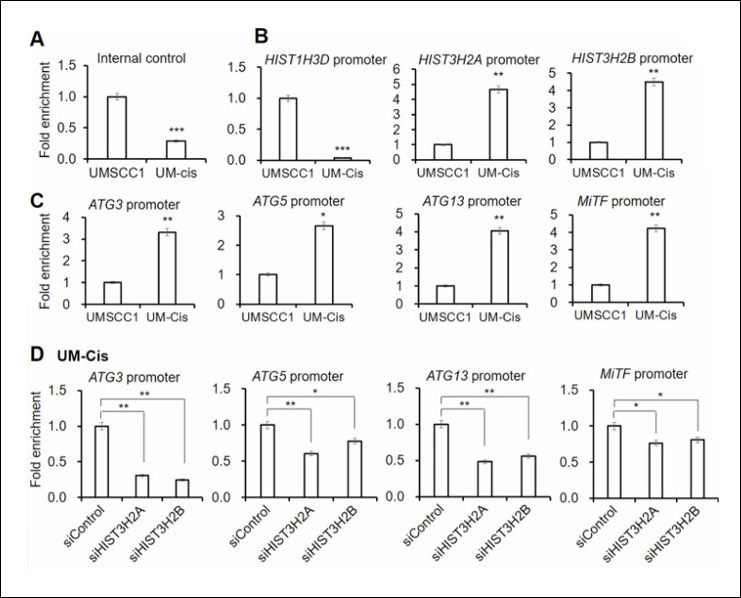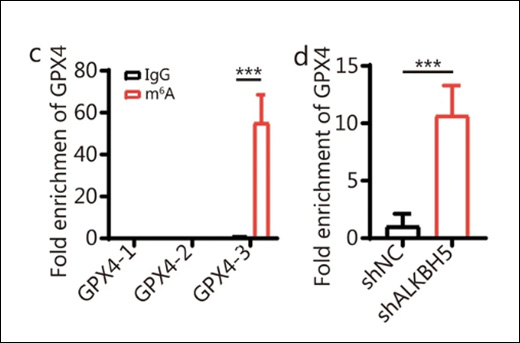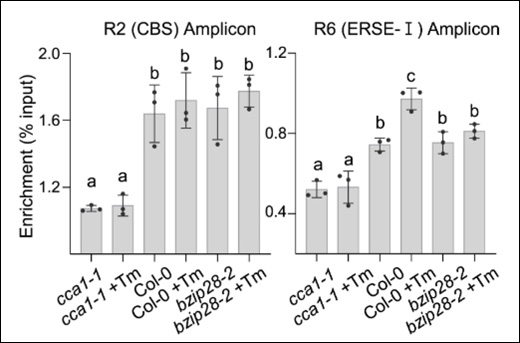DiNardo CD et. al. (September 2024). Glutaminase inhibition in combination with azacytidine in myelodysplastic syndromes: a phase 1b/2 clinical trial and correlative analyses Nat Cancer.
This study examines the combination of glutaminase inhibitor telaglenastat (CB-839) with azacytidine (AZA) in advanced myelodysplastic syndromes (MDS). In a phase 1b/2 trial, the therapy achieved a 70% response rate and a median overall survival of 11.6 months. Myeloid differentiation in responders was linked to glutamine transporter SLC38A1 expression, highlighting a metabolic vulnerability in MDS and demonstrating the potential of this combined metabolic and epigenetic approach.
Products Used: MethylFlash Global DNA Methylation (5-mC) ELISA Easy Kit (Colorimetric)
Zhu L et. al. (September 2024). Epigenetic modification of CD4+ T cells into Tregs by 5-azacytidine as cellular therapeutic for atherosclerosis treatment Cell Death Dis. 15(9):689.
This study investigates the therapeutic potential of 5-azacytidine (Aza) for treating atherosclerosis by converting CD4+ T cells into induced regulatory T cells (iTregs). Researchers demonstrated that Aza-induced Tregs (Aza-iTregs) significantly increased peripheral Treg populations, reduced inflammation, and alleviated atherosclerosis in ApoE-/- mice. The study found that Aza promotes Foxp3 expression by demethylating the Foxp3-TSDR region through the inhibition of DNA methyltransferase 1 (Dnmt1). These findings highlight Aza's ability to reprogram CD4+ T cells into functional Tregs, offering a novel epigenetic approach to atherosclerosis treatment.
Products Used: EpiQuik Chromatin Immunoprecipitation (ChIP) Kit
Hamze Sinno S et. al. (September 2024). Egfl6 promotes ovarian cancer progression by enhancing the immunosuppressive functions of tumor-associated myeloid cells J Clin Invest.
This study identifies epidermal growth factor-like 6 (Egfl6) as a key promoter of ovarian cancer by enhancing the immunosuppressive functions of tumor-associated myeloid cells. Egfl6 drives myeloid cell migration and differentiation into immunosuppressive states, increasing the presence of MDSCs and TAMs that express factors like IL-10 and PD-L1, reducing the effectiveness of a-PD-L1 immunotherapy. Blocking Egfl6 improved immunotherapy response in mouse models, highlighting Egfl6 as a potential therapeutic target to boost immunotherapy in ovarian cancer.
Products Used: ChromaFlash High-Sensitivity ChIP Kit
Zou Y et. al. (September 2024). FTO-mediated DSP m6A demethylation promotes an aggressive subtype of growth hormone-secreting pituitary neuroendocrine tumors Mol Cancer. 23(1):205.
This study explores the role of FTO-mediated m6A demethylation in driving the aggressive subtype of sparsely granulated growth hormone-secreting pituitary neuroendocrine tumors (SGGH). Researchers found that FTO, an m6A demethylase, is overexpressed in SGGH, leading to the destabilization of desmoplakin (DSP) mRNA, weakening desmosome integrity and enhancing tumor resistance to hypoxia. Inhibiting FTO reduced tumor growth, decreased hormone secretion, and improved sensitivity to octreotide therapy. These findings suggest that targeting the FTO-DSP axis could offer a novel therapeutic approach for treating aggressive SGGH tumors.
Products Used: EpiQuik m6A RNA Methylation Quantification Kit (Colorimetric)




 Cart (0)
Cart (0)













